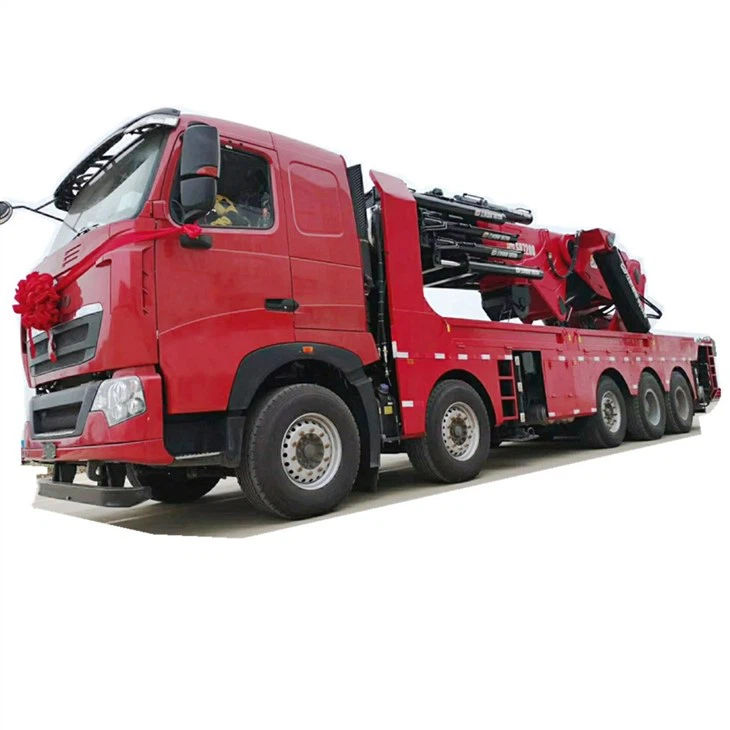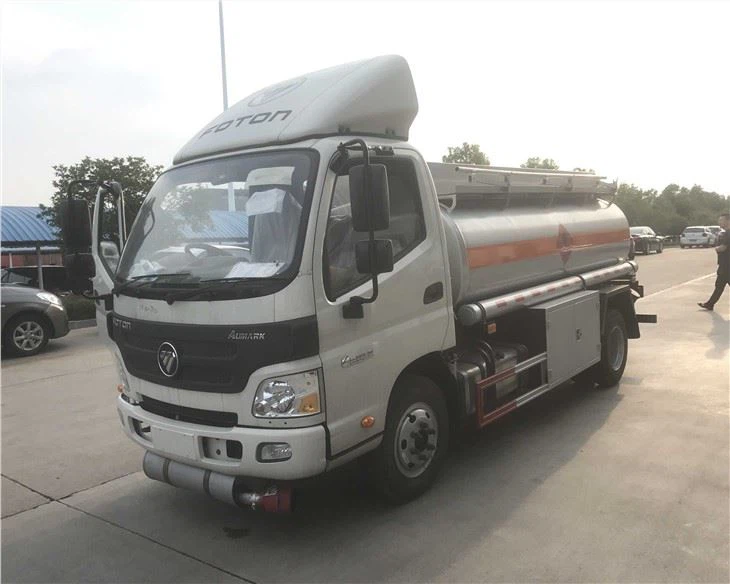When it comes to waste management or construction projects, rolloff containers are essential tools that streamline the disposal process. These containers, available in various sizes and configurations, can adapt to different project needs, making them a popular choice among contractors and individuals alike. If you’re in the market for a rolloff for sale, this guide will provide you with all the necessary information to make an informed purchase.
What is a Rolloff Container?
A rolloff container, also known as a rolloff dumpster, is a large steel container that can be rolled off a truck for temporary use on a job site or residential premise. They are particularly useful for collecting large volumes of waste, debris, and construction materials.
Types of Rolloff Containers
Understanding the various types of rolloff containers available in the market can help you choose the right one for your project.
Open-Top Rolloff Containers
Open-top rolloff containers are designed for easy loading of debris. They typically have a rectangular shape and are suitable for projects where materials will be loaded from the top. Common uses include construction sites, home renovations, and large cleanouts.
Closed-Top Rolloff Containers
Closed-top rolloff containers have a solid roof, making them ideal for containing hazardous materials or materials that need to be shielded from weather conditions. They are commonly used in industrial applications.
Specialty Rolloff Containers
There are several specialty rolloff containers designed for specific types of waste, such as e-waste, metal waste, and yard waste. Understanding your waste type will help you select the appropriate container.
Why Buy Rolloff Containers?
Investing in rolloff containers can provide several benefits:
- Cost-Effective: Owning your own rolloff container can save you money on rental fees for multiple projects.
- Convenience: Having your container on-site allows for more efficient waste disposal during the project.
- Control: You control how and when the waste is disposed of, leading to better project management.
Choosing the Right Size Rolloff Container
Selecting the right size is crucial to ensure it meets your project’s needs without overpaying or under-fetching.
Common Rolloff Sizes
| Size (Cubic Yards) | Ideal For | Example Projects |
|---|---|---|
| 10 Yard | Small Projects | Home cleanouts, small remodeling |
| 20 Yard | Medium Projects | Major renovations, roofing jobs |
| 30 Yard | Large Projects | Commercial construction, large cleanout |
| 40 Yard | Extra-Large Projects | New construction, large-scale cleanouts |
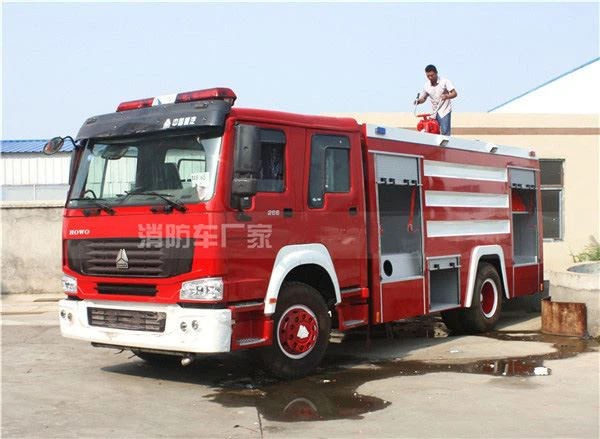
How to Determine the Right Size
To determine the right size for your project, consider the volume of waste you expect to generate. A general rule of thumb is to consult with a waste management professional or refer to online volume calculators based on the type of project you are undertaking.
Where to Find Rolloff for Sale
Finding rolloff containers for sale can be done through various channels:
Manufacturers
Directly purchasing from manufacturers can provide you with a warranty and customization options. Research brands known for their durable rolloff containers.
Distributors
Trucking and industrial equipment distributors often sell new and used rolloff containers. Check local directories for reputable distributors in your area.
Online Marketplaces
Websites like Craigslist, eBay, and specialized industrial equipment websites list both new and used rolloff containers. Ensure to conduct thorough research on sellers.
Auctions and Liquidation Sales
Consider attending equipment auctions where businesses liquidate their assets, including rolloff containers. This can be a great way to find deals.
Key Considerations When Buying Rolloff Containers
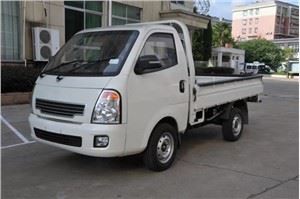
When purchasing rolloff containers, keep the following factors in mind:
Material Quality
Choose containers made from high-quality steel to ensure durability and longevity. Thicker gauge steel typically lasts longer.
Weight Capacity
Always check the weight capacity of the rolloff container. Ensure it aligns with your expected waste load to avoid issues during disposal.
Local Regulations
Different municipalities have varying regulations regarding waste disposal. Ensure you are compliant with local laws when purchasing and using a rolloff container.
Delivery and Pickup Options
If purchasing a new rolloff container, inquire about delivery and setup options. Some dealers may include this in their sales package.
Maintaining Your Rolloff Container
Proper maintenance of your rolloff container extends its lifespan. Here are some tips:
Regular Inspections
Check for dents, rust, and any signs of wear regularly. Addressing small issues early can prevent costly repairs later.
Cleaning
Keep the container clean to maintain its appearance and prevent malodors from waste accumulation.
Storage
When not in use, store the rolloff container in a sheltered area to minimize potential damage from the elements.
Practical Examples of Rolloff Container Usage
Rolloff containers can be applied in various scenarios:
Home Renovation Projects
When remodeling a kitchen or bathroom, a rolloff container can collect debris, old appliances, and construction materials without cluttering your home.
Commercial Construction Sites
For large commercial projects, using multiple rolloff containers can increase efficiency in waste removal, helping to keep the site organized and safe.
Event Cleanup
Using rolloff containers during large events, such as fairs or concerts, can quickly facilitate the cleanup process, ensuring the area is left in good condition.
FAQ Section
1. What is the average cost of a rolloff container?
The cost can vary significantly based on size, location, and condition, but expect to pay between $200 to $800 for a new rolloff container.
2. How long can I keep a rolloff container on my property?
Typically, you can keep a rolloff container on your property for the duration of your project. However, some municipalities have specific regulations, so check local laws.
3. Do I need a permit to use a rolloff container?
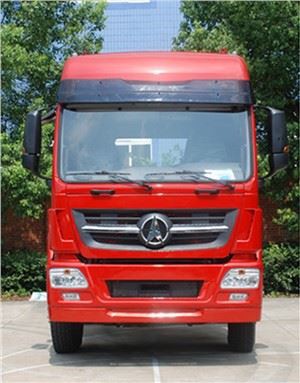
It depends on your local regulations. In some areas, a permit is required, especially if the container is placed on public property. Check with your local authority.
4. What types of waste can I put in a rolloff container?
You can put a variety of non-hazardous waste, such as construction debris, household junk, and yard waste, but avoid hazardous materials like chemicals or batteries.
5. Can I buy a used rolloff container?
Yes, buying used can be a cheaper alternative, but ensure a thorough inspection for structural integrity and functionality.
6. How do I find a reputable dealer for rolloff containers?
Research online reviews, ask for recommendations from friends or contractors, and compare different dealers to ensure you choose a reputable source.
